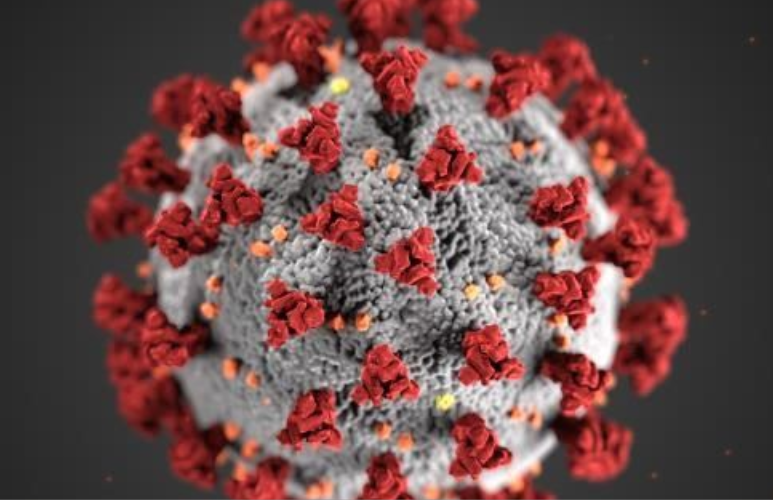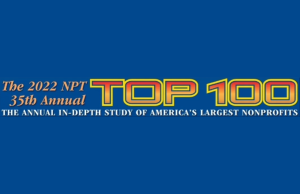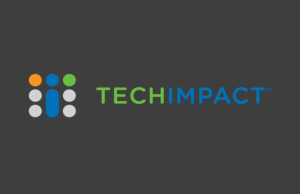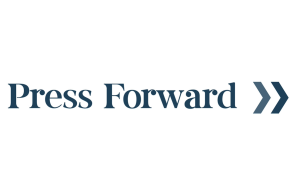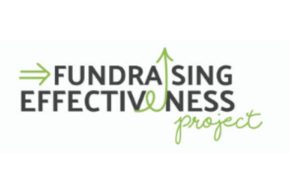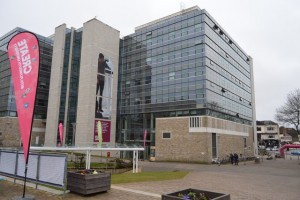Philanthropy is stepping up in assorted ways to get COVID-19 vaccinations to Americans who need them, particularly communities of color, where vaccination rates lag the rest of the population.
The Rockefeller Foundation launched a $20-million Equity-First Vaccination Initiative to collaborate with five organizations in an effort to deploy equity-first, hyper-local public health interventions in five cities. Communities of color represent less than one-third of the 63 million people who are fully vaccinated in the United States, and are twice as likely to die from COVID-19 and three times as likely to be hospitalized as white Americans.
The foundation is expediting vaccinations in communities of color in Baltimore, Chicago, Houston, Newark, N.J., and Oakland. The first phase will provide grant funding to five anchor organizations in the five cities. The second phase will entail the foundation collaborating with national organizations to take lessons learned from the five cities and ensure that at least 70 million people are vaccinated by July. The initiative will demonstrate and scale hyper-local, community-led programs to improve vaccine access and accurate information across five cities that represent 5 million of the nation’s 95 million adults of color.
The five organizations will provide resources and additional support to more than 100 community-based organizations (CBOs) that will then lead hyper-local community mobilizations efforts to better address questions and concerns on when, why, and where to get the vaccine, increase access, and rollout additional community vaccination sites.
“While the vaccine itself is free, it takes resources to provide the vaccine,” said Catherine Wilson, president and CEO of United Way of Greater Newark, one of the organizations collaborating with the Rockefeller Foundation. “From staff time to clinical supplies, the vaccine outreach effort requires additional resources that many under-resourced communities are in need of,” she said.
Residents might have difficulty making appointments online due to lack of computers and internet access and others might not have access to transportation or the ability to take off work to get the vaccine. Those who are not physically able also need the vaccine brought to them. “For these reasons, communities require additional resources to support mobile vaccine distribution,” Wilson said. “These programs and this particular initiative are crucial because they take a hyperlocal and holistic approach to allow us to further support our local community members, help educate everyone on the vaccine, and then actually get everyone vaccinated,” Wilson said.
The Vaccine Access Fund launched with an initial contribution of $11 million from Uber, PayPal and Walgreens. The fund will be managed by Local Initiatives Support Corporation (LISC), which will identify and coordinate funding to local partners serving communities that have been disproportionately and deeply impacted by the pandemic. The fund will work with nonprofits in underserved communities to facilitate and cover the cost of rides to vaccine locations around the country. Customers also can donate to the Vaccine Access Fund through the PayPal Giving Fund, with Uber announcing a new in-app feature that will give users the ability to make their own donations to the fund.
Among nearly $10 million in grants by the New York Community Trust (NYCT) to 53 nonprofits, $1 million was awarded to six organizations to tackle vaccine hesitancy, from countering misinformation to using science-based messaging to encourage people to get the vaccine, and improving access.
- CUNY Graduate School of Public Health and Healthy Policy received $225,000 to gather information about why some New Yorkers are hesitant to get vaccines. The effort will conduct surveys to track changes in sentiment, create a web dashboard with its findings, and work with community members to create targeted messaging.
- The Community Health Care Association of New York will use $200,000 to work with health centers in neighborhoods with high rates of vaccine hesitancy, including collecting vaccination data, creating messaging and educational resources to fight misinformation, and coordinating with other nonprofits involved in the effort.
- With a $150,000 grant, Fund for Public Health will hire a coordinator to help community, immigrant, and faith-based groups in neighborhoods with high COVID-19 deaths and low vaccination rates conduct outreach and convince people to get vaccinated.
- The New York Academy of Medicine will use $150,000 to bring together nonprofits and faith-based groups with medical personnel and government partners to gather information about vaccine distribution needs in hesitant communities. Groups will have access to the latest guidance and data as they determine how best to encourage vaccination.
- VOCAL-NY was awarded $150,000 to encourage members to get vaccinated, including formerly incarcerated, people with HIV/AIDS, injection drug users, and people who experience homelessness. It also will work with individuals on a one-on-one basis and share public health information and stories of members who have been vaccinated.
- Public Good Projects received $125,000 to help community and faith-based groups create customized messaging that counters vaccine misinformation, and working with local influencers, post on social media, and track messaging.

